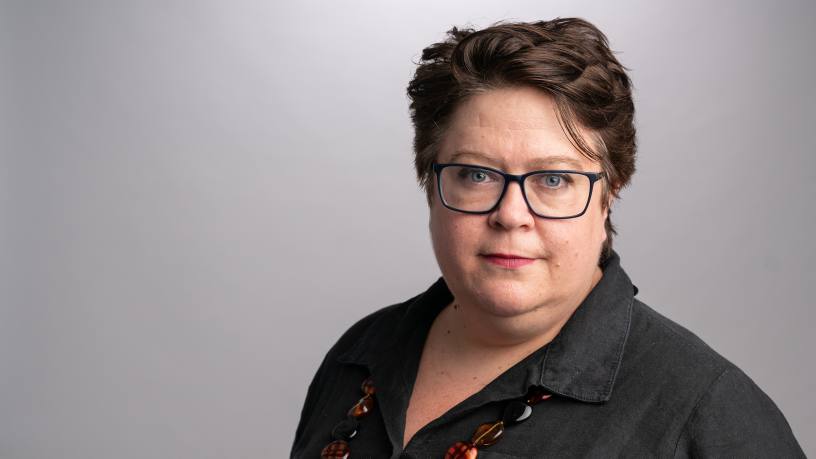
There is a scene in an old episode of Sex and the City where the four friends rent a car to travel to a baby shower in the suburbs. The full gang — Carrie, et al. — pile into the car but no one sits in the driving seat. Samantha looks around and asks: “Does anyone know how to drive?”
I often think of that scene when people talk about start-up culture, what it means to be an entrepreneur and the real-world value of innovation. Designing and producing a beautiful, innovative and sustainable car is all well and good, but if no one knows how to drive it, what value does it really have?
I was in a closed-door meeting talking about crypto, digital assets, regulations and all that fun stuff this week. The conversation turned toward the state of start-up funding and venture capital activities. The era of ‘free money’ is over, the table concluded — no longer can a tech company raise funds ‘on an idea’. They need to demonstrate a proper business model, a tested product and mature management.
However, while discussing this ‘maturing of the market’, it was commented that the people who know how to run companies aren’t the most innovative. The mindset seems to be that in gaining a robust, sustainable fintech sector, based on real products, a desire for profit and proper business practices, we lose the innovative, creative people with the ‘ideas’ to truly disrupt the sector.
The past 15 years have seen a lot of change in the banking sector, but that era of so-called ‘free money’ also produced a lot of bad fintech. If this new era ushers in a higher bar for quality fintech I’m apt to think that is a ‘good thing’. I understand, but am still perplexed as to why, this view is often in the minority.
It is the binary nature of this thinking that bothers me — as if the type of person who knows how to construct a profit and loss statement, complete their accounts on time and thinks regulations are things to comply with rather than ignore, would automatically turn their nose up at progress or innovation.
Ideas are ten a penny. It is the execution of that idea that makes a new company — being able to manage a business should be seen as a skill and not a liability. Carrie’s gal pals are never leaving the city with their designer handbags and expensive baby gifts without someone having passed the highway code a few years prior.
As it happens, the same day as my above meeting, Michael Lewis was on the Today programme on the UK’s Radio 4, plugging his upcoming book about Sam Bankman-Fried, founder of the failed FTX crypto currency exchange.
Mr Lewis is an excellent writer, and I am sure his book — Going Infinite: The Rise and Fall of a New Tycoon — will be a fun read. But I was struck by one thing he said during the radio interview. (I understand that Mr Lewis may address my concerns in the pages of his book.)
He mentioned that he was prompted to meet Mr Bankman-Fried by a friend who was considering doing a business deal with the ’30 under 30’ entrepreneur and wanted reassurance.
Effectively, Mr Lewis started writing his book before the collapse of FTX. He talked about how he knew the inside players ‘before and after’ things went south at the exchange and had incredible access to the inner workings and the man himself.
However, the downfall of a company is rarely a single event. The consequences of ‘the fall’ are caused by the actions of ‘the rise’. Did Mr Lewis advise his friend to steer clear of ‘SBF’ when he was worth $22.5bn or after when he was making headlines for alleged fraud? Given the access that Mr Lewis had, did he notice that the company was supposedly using client funds to purchase real estate in the Bahamas?
The Moneyball writer got a front row seat to the rise of a creative, innovative, charismatic extreme luxury vehicle — but did he ask if anyone knew how to drive it?
Mr Lewis also commented that during the ‘rise’ portion of FTX’s existence, not many people cared about Mr Bankman-Fried’s capabilities as a business leader or even the perceived quirks in his personality — all they cared about was that he was worth $22bn. That says a lot.
I welcome the end of the ‘free money’ era and hope it ushers in more tangible, sustainable and useful things to care about.
Liz Lumley is deputy editor of The Banker. Follow her on X (formerly known as Twitter) @LizLum
Register to sign up to Digital journeys, our new weekly newsletter covering all things technical.
This post was originally published on this site be sure to check out more of their content.




